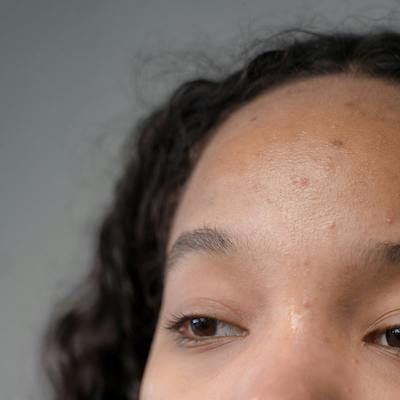Video
William Damsky, MD, PhD: JAK Inhibitors for Granuloma Annulare, Sarcoidosis
Author(s):
Damsky discussed his conference presentation on the application of JAK inhibitors on dermatologic conditions such as granuloma annulare and sarcoidosis.
In an interview with HCPLive, William Damsky, MD, PhD, discussed his presentation regarding the latest research on JAK inhibitors from the American Academy of Dermatology (AAD) 2023 Annual Meeting in New Orleans this week.
Damsky is known for his work as Assistant Professor of Dermatology at the Yale School of Medicine, with his main focus being translational research in immunologically mediated skin diseases.
He and the other speakers’ conference presentation was titled ‘JAK Inhibitors: A New Frontier in Dermatology.’
“Granuloma annulare and sarcoidosis fall into a category of what we call cutaneous granulomatous disorders,” Damsky began. “And really what that means is when we look at the tissue under the microscope, we see a lot of macrophages.”
Damsky described the specifics of granuloma annulare, noting that there is no US Food and Drug Administration (FDA) approved treatment for the skin condition. He then described sarcoidosis in greater detail.
“Unfortunately, sarcoidosis is also a continuous condition that can affect the skin and also similarly presents as these often ring-like lesions,” he said. “Sarcoidosis, though, can affect really any organ in the body…The only FDA approved therapy for sarcoidosis is prednisone. And it's only approved for sarcoidosis of the lung.”
He noted that no FDA approved treatments exist for cutaneous sarcoidosis. Damsky then went into a description of 2 clinical trials explored in his presentation.
“So the first one was a proof of concept study in granuloma annulare,” he said. “And there we were using a medication called tofacitinib, which is an oral JAK inhibitor that was initially FDA-approved for rheumatoid arthritis and has subsequently been approved for other disorders.”
Damsky explained the trial’s significance, adding that his team lowered the 2 FDA-approved doses, and treated 5 patients in an open level setting. He added that the response was strong.
“So out of the 5 patients, 3 patients had a complete response that granuloma annulare went away,” he explained. “And I should mention these are patients that had very severe granuloma annulare. So over a lot of their skin, they had failed a number of treatments previously. And really this finding was really remarkable to us.”
Damsky then explored the second trial, a proof-of-concept study in which his team took 10 patients with sarcoidosis who had cutaneous involvement and had largely failed to get their disease under control with conventionally-used therapies.
“These patients were also treated with tofacitinib 5 milligrams twice daily in an open label setting, and also had really just a dramatic response to therapy,” he said. “So we saw 6 of the 10 patients had their skin clear completely…And not only did they improve during the course of the study with the tofacitinib, but most patients were actually able to come off prednisone as well in the context of that improvement.”
To find out more about the presentation, view the full HCPLive interview segment above.





